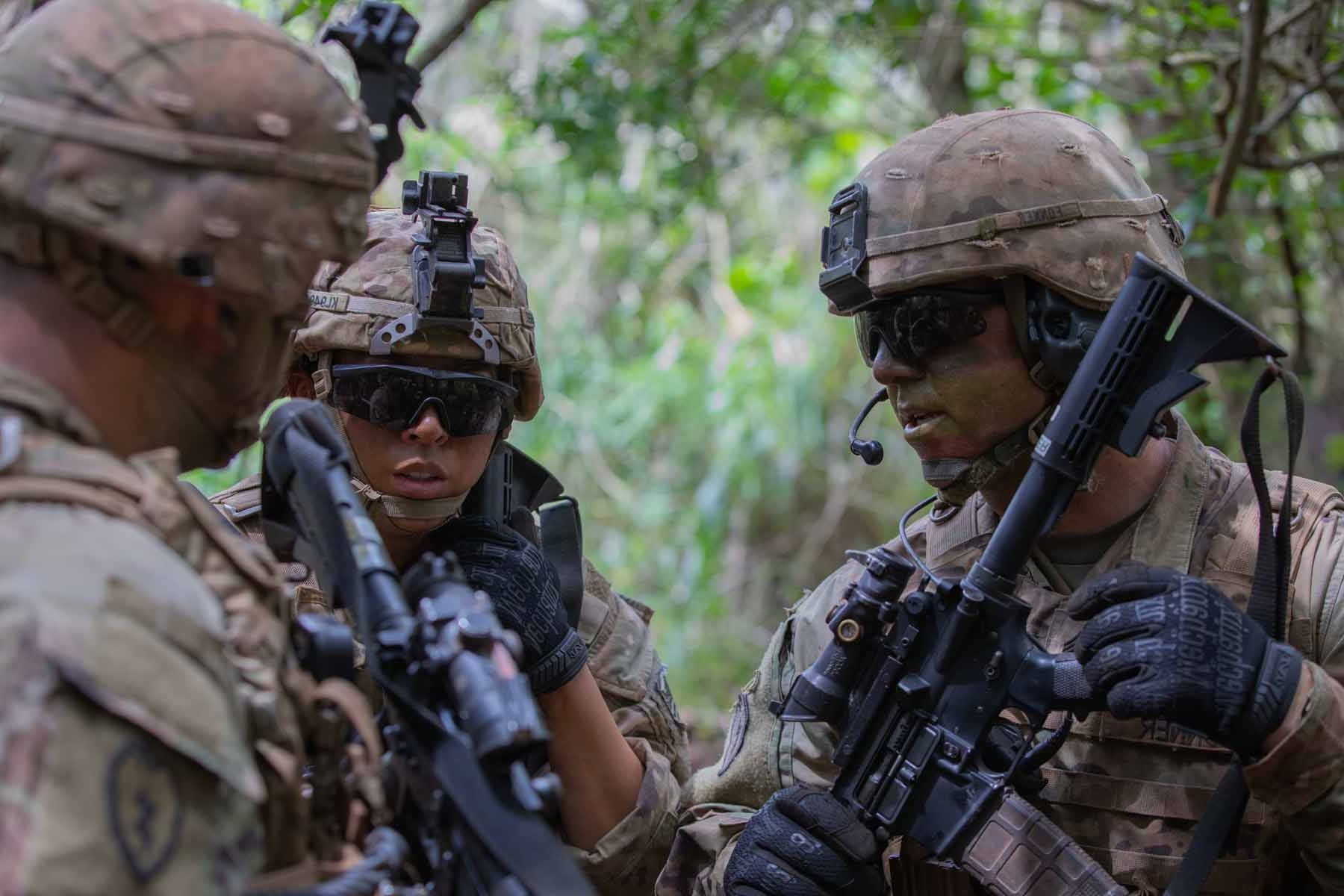
What is a Corporal in the military? A corporal is a non-commissioned officer (NCO) in the military, typically ranking above a private first class and below a sergeant. This rank is often the first step into leadership roles, where corporals are responsible for small groups of soldiers, usually a fire team or squad. They play a crucial role in training, discipline, and daily operations. Corporals must demonstrate strong leadership skills, tactical knowledge, and the ability to make quick decisions under pressure. Their duties can vary widely depending on the branch of the military and specific unit needs.
What is a Corporal in the Military?
A corporal is a low-ranking non-commissioned officer (NCO) in the military. They play a crucial role in the chain of command, bridging the gap between enlisted personnel and higher-ranking officers. Here are some fascinating facts about corporals in the military.
- The rank of corporal is often considered the first step into leadership roles within the military.
- Corporals typically oversee small groups of soldiers, usually a fire team or squad.
- In many armies, the rank insignia for a corporal consists of two chevrons.
- The term "corporal" originates from the Italian word "caporale," which means "head" or "leader."
- Corporals are responsible for the training and discipline of the soldiers under their command.
Historical Significance of Corporals
The role of corporals has evolved over centuries, adapting to the needs of modern warfare while retaining some traditional aspects.
- During the Roman Empire, a similar rank to corporal existed, known as "decurion," who commanded a group of ten soldiers.
- In medieval times, corporals were often in charge of small units of archers or infantrymen.
- The British Army formally recognized the rank of corporal in the 17th century.
- Corporals played a significant role in the Napoleonic Wars, often leading skirmishers and light infantry.
- In World War I, corporals were crucial in trench warfare, leading small groups in raids and patrols.
Corporal Duties and Responsibilities
Corporals have a wide range of duties that ensure the smooth operation of their units. Their responsibilities can vary depending on the branch of the military and the specific mission.
- Corporals often serve as the primary trainers for new recruits, teaching them basic military skills.
- They are responsible for maintaining discipline within their squads.
- Corporals ensure that their soldiers are properly equipped and ready for missions.
- They often act as the communication link between enlisted soldiers and higher-ranking officers.
- Corporals may also be tasked with administrative duties, such as keeping records and managing supplies.
Corporal Rank Across Different Countries
The rank of corporal exists in various forms across different military organizations worldwide. Each country has its unique traditions and insignia for this rank.
- In the United States Army, the rank of corporal is equivalent to E-4, the same pay grade as a specialist.
- The British Army uses the term "lance corporal" for a rank just below corporal.
- In the Canadian Armed Forces, a corporal is equivalent to the NATO rank code OR-4.
- The French Army has a rank called "caporal-chef," which is a senior corporal position.
- In the German Bundeswehr, the rank of corporal is known as "Obergefreiter."
Corporal in Modern Military Operations
In contemporary military operations, corporals continue to play a vital role, adapting to new technologies and combat strategies.
- Corporals often lead small units in urban warfare, where quick decision-making is crucial.
- They are trained to operate advanced communication equipment, ensuring seamless coordination during missions.
- Corporals may also serve as vehicle commanders in mechanized units.
- In peacekeeping missions, corporals often interact with local populations, helping to build trust and maintain order.
- Corporals are frequently involved in counter-insurgency operations, using their leadership skills to guide their teams through complex environments.
Training and Promotion to Corporal
Becoming a corporal requires dedication and a strong understanding of military procedures. The path to this rank involves rigorous training and evaluation.
- Soldiers typically need to complete a leadership course before being promoted to corporal.
- Promotion to corporal often requires a recommendation from a superior officer.
- Corporals must demonstrate proficiency in both combat skills and leadership abilities.
- Many militaries have specific time-in-service requirements that soldiers must meet before being eligible for promotion to corporal.
- Corporals are expected to continue their professional development, attending additional training courses to enhance their skills.
Final Thoughts on Corporal Facts
Understanding the role of a corporal in the military gives insight into the structure and function of armed forces. Corporals bridge the gap between enlisted personnel and higher-ranking officers, ensuring orders are carried out effectively. They often lead small teams, making quick decisions in high-pressure situations. This rank requires leadership, responsibility, and a deep understanding of military protocols.
Knowing these facts can help appreciate the dedication and skill required to serve as a corporal. Whether you're considering a military career or just curious, these insights highlight the importance of this rank. Corporals play a crucial role in maintaining discipline and order within the ranks. Their contributions, though sometimes overlooked, are vital to the success of military operations. So next time you think about the military, remember the significant impact of corporals.
Was this page helpful?
Our commitment to delivering trustworthy and engaging content is at the heart of what we do. Each fact on our site is contributed by real users like you, bringing a wealth of diverse insights and information. To ensure the highest standards of accuracy and reliability, our dedicated editors meticulously review each submission. This process guarantees that the facts we share are not only fascinating but also credible. Trust in our commitment to quality and authenticity as you explore and learn with us.


